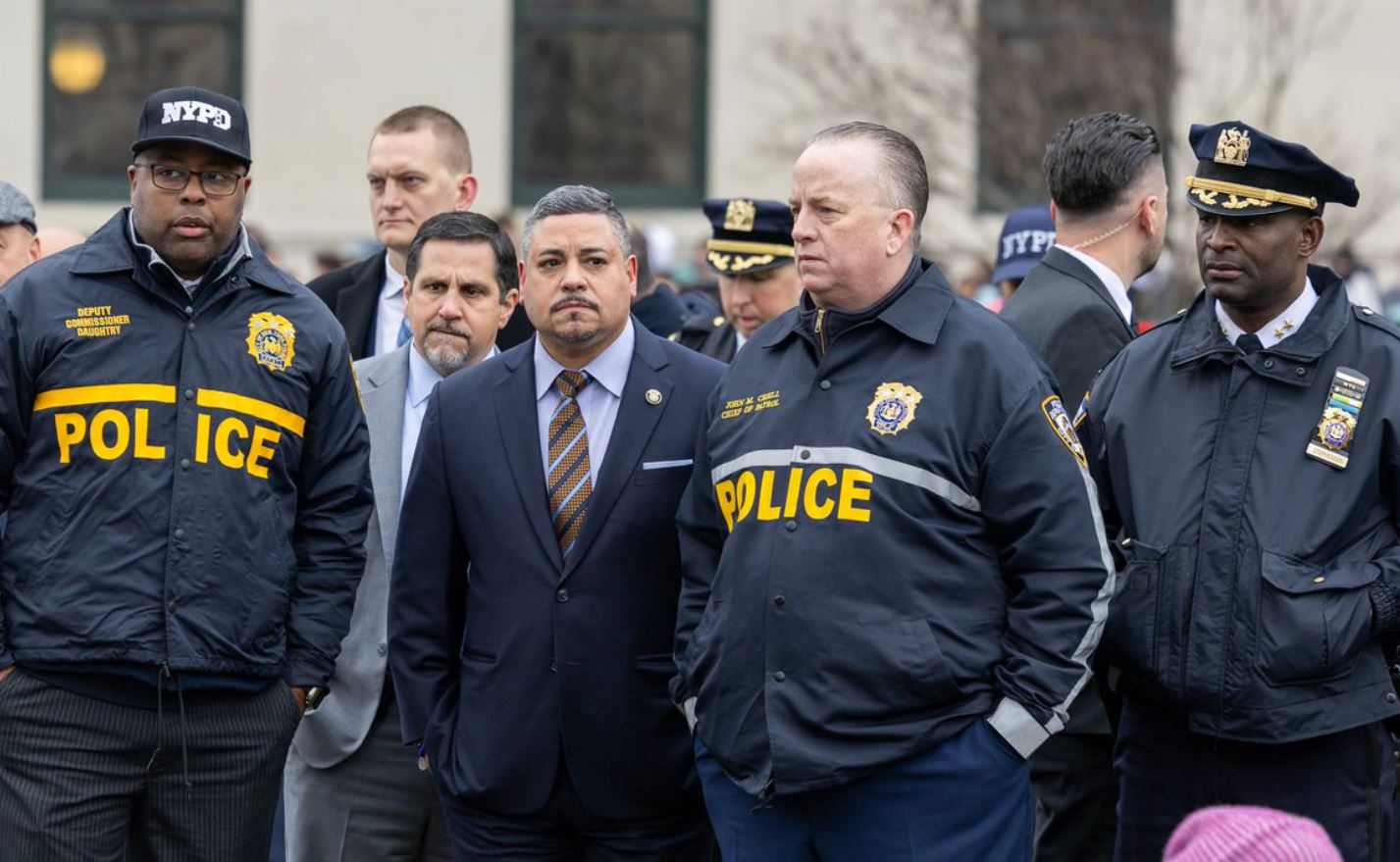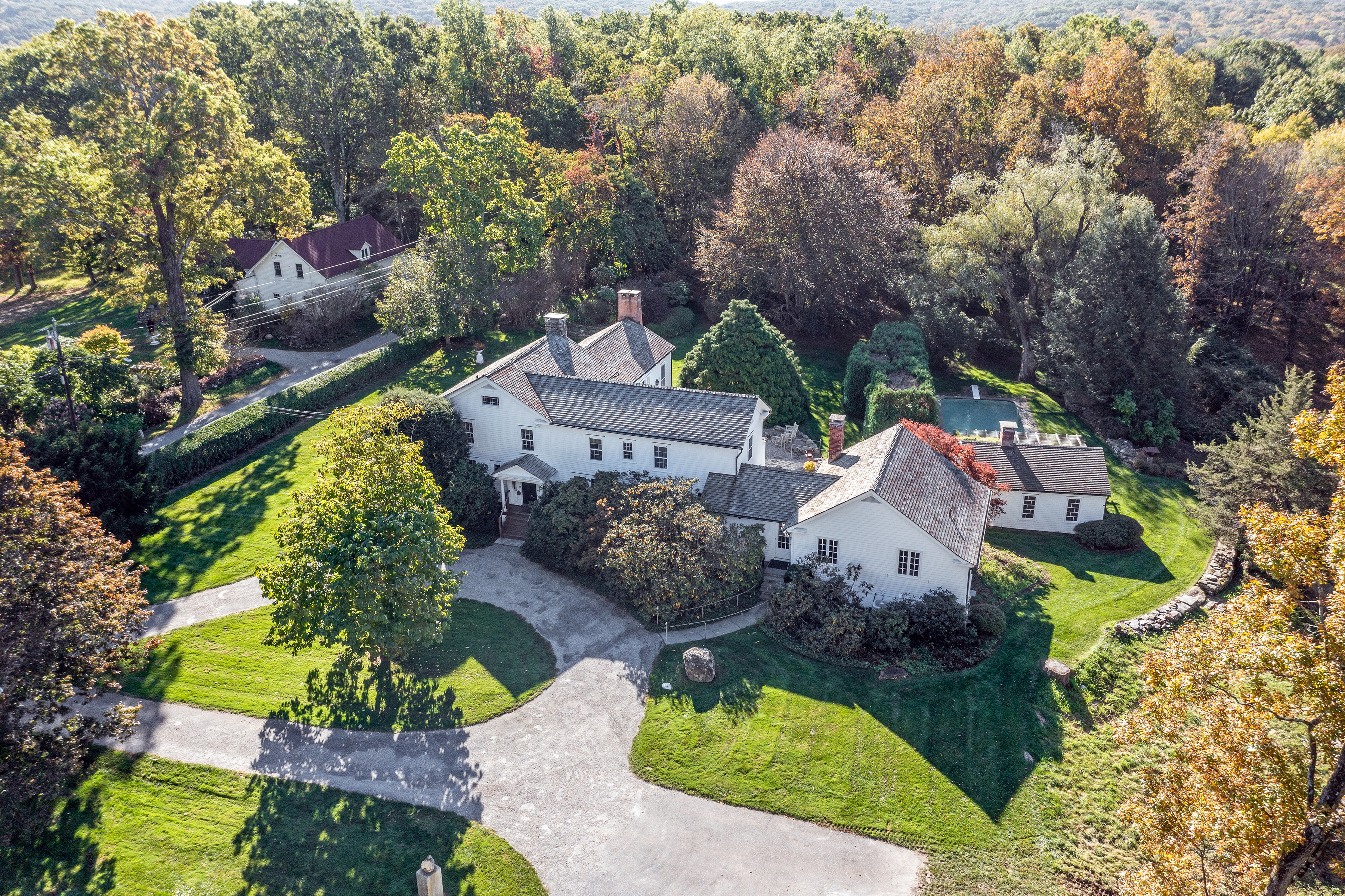They're styled as funky, friendly ways to travel, but short-term apartment rental sites like Airbnb are sparking debate over how they affect affordability for residents, not visitors.
Scores of proponents and critics held dueling rallies and packed a City Council hearing Tuesday on the short-term rental boom, which has come under scrutiny in cities around the country.
On one side are tenants such as Audrey Smaltz, who say landlords are illegally turning their homes into de facto hotels by renting apartments to high-paying tourists instead of full-time residents.
In New York state, it's generally unlawful to rent an apartment for under 30 days unless the apartment's resident also stays there. But Smaltz says an entire floor in the midtown Manhattan building where she has lived since 1977 has been diverted to short-term rentals for much as $600 a night while the number of rent-stabilized apartments has dwindled.
"My friends and neighbors are being replaced by strangers and tourists," she told council members, adding that one tourist wandered onto her terrace one night.
On the other side are tenants and homeowners such as Lee A. Thomas Jr., who started renting out a guest cottage on his Queens property via Airbnb last year after cancer treatment forced him to stop working and sapped his savings. He doesn't want permanent tenants at his home, and he says he was able to make a needed $19,000 last year renting out the cottage an average of four or five days a month.
"It was because of this that I was able to get by and survive," Thomas, who now does freelance work in finance, said before the hearing.
Local
Airbnb and similar sites have become a focal point for discussion about whether and how to regulate the growing "sharing economy," and whether it represents an innovative, person-to-person business model or an unregulated, unruly upstart. The question of whether such services undercut or help housing affordability also has bubbled up in San Francisco; Portland, Oregon; and elsewhere, but it's perhaps most pointed in New York, where Mayor de Blasio has made affordable housing a centerpiece of his agenda.
The number of New York City apartments and private rooms rented through Airbnb rocketed from about 2,650 in 2010 to 16,500 early last year, state Attorney General Eric Schneiderman's office said in an October report.
The report said nearly three-quarters of Airbnb listings violated city or state laws. Nearly 2,000 units were booked as short-term rentals for at least half of 2013, the report said, and some users were listing multiple apartments and reeling in as much as $6.8 million over four years.
The Mayor's Office of Special Enforcement fielded 1,150 illegal-hotel complaints last year — a 62-percent increase from 2013 — and conducted 883 inspections and issued hundreds of violation notices, focusing on health and safety concerns, said Elizabeth Glazer, who oversees the office. It recently sued one landlord.
Noting Schneiderman's report and the thousands of New York listings still visible on Airbnb and other sites, several council members said the city should expand enforcement.
"We definitely have to use some different strategies, some proactive strategies," City Council Housing and Buildings Committee Chairman Jumaane Williams said.
San Francisco-based Airbnb has said it has removed many listings that violated laws.
"The majority of hosts use the money they earn to pay their bills and stay in their homes," Airbnb public policy head David Hantman wrote to lawmakers in a letter Friday. It called for "smart regulation," including allowing collection of hotel taxes on Airbnb rentals in New York, as in some other cities.
Some cities have decided to accept, but regulate, short-term rentals. In San Francisco, restrictions include a cap on the number of days an entire home can be rented out per year.



